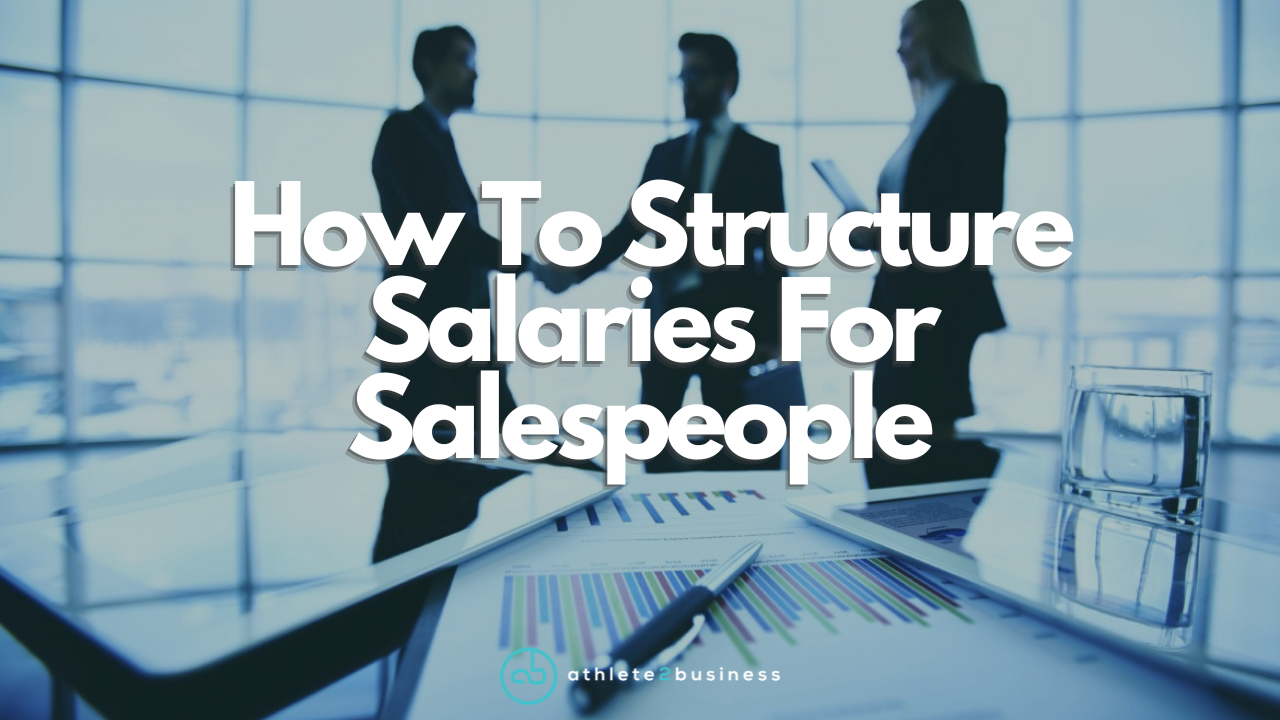What qualities are behind a high performing individual?
What qualities are behind a high performing individual?
In the realm of business, the pursuit of excellence and success often requires more than just technical skills and experience. Just as elite athletes possess certain qualities that set them apart, high performers in the business world exhibit a unique mindset and a distinct set of characteristics. By combining the traits of an elite athlete mentality with the key attributes of a high performer, these individuals become a force to be reckoned with. In this blog, we will explore the characteristics that define a high performer in the business arena.
So, what exactly defines a high performer?
1. Competitive Nature: High performers possess an unwavering competitive spirit. They thrive on challenges and view competition as an opportunity for growth. They set ambitious goals, constantly strive to surpass them, and channel their energy into achieving outstanding results. Their innate drive for success pushes them to continually improve and stay ahead of the game.
2. Resilience: Resilience is the ability to bounce back from setbacks and persevere in the face of adversity. High performers understand that failures and obstacles are an integral part of the journey to success. They embrace challenges, learn from their mistakes, and adapt their strategies accordingly. Their unwavering determination allows them to navigate through difficult times and emerge stronger on the other side.
3. Strong Work Ethic: A high performer in business possesses an unmatched work ethic. They are willing to put in the extra effort and go the extra mile to achieve their goals. They understand that success is not achieved overnight and are willing to invest the necessary time and energy into their work. Their commitment to excellence is evident in their dedication, consistency, and ability to deliver exceptional results.
4. Discipline: Discipline is the cornerstone of success in any endeavor, and high performers understand this well. They have the discipline to prioritize their tasks, manage their time effectively, and maintain focus on their objectives. They resist distractions and temptations that may hinder their progress, ensuring that they remain on track and make the most of their abilities.
5. Motivation: High performers possess an intrinsic drive and motivation to succeed. They set clear goals, envision their desired outcomes, and use this vision as fuel to propel them forward. They are self-starters who take initiative and actively seek opportunities for growth and advancement. Their unwavering motivation inspires and motivates those around them.
6. Coachability: A high performer recognizes that they do not possess all the answers and that continuous learning is essential for growth. They are open to feedback, actively seek guidance from mentors and experts, and are willing to adapt their strategies based on new insights. Their coachable nature enables them to embrace change, continuously improve their skills, and stay ahead in a dynamic business environment.
7. Grit: Grit refers to the combination of passion and perseverance in the pursuit of long-term goals. High performers display an exceptional level of grit, allowing them to overcome obstacles, setbacks, and even failures. They have the mental toughness to stay committed to their objectives, no matter how challenging the journey becomes. Grit enables them to push through difficult times, maintain focus, and emerge triumphantly.
You might be wondering, if these are the characteristics to look for in a high performer... how are you supposed to find them?
At Athlete2Business we have created a "CHEC-list" that we use to qualify our candidates before passing them onto our clients to ensure they have both elite athlete mentality and a high performing nature. So, what does the CHEC-list entail? Great question.
C: "Communication Skills"- High performers excel in effectively conveying their ideas, actively listening, and articulating their thoughts clearly. They possess the ability to influence and inspire others through their communication, facilitating collaboration and achieving common objectives.
H: "Humble Confidence"- High performers strike a balance between confidence and humility. They are self-assured in their abilities and knowledge while remaining open to new perspectives and ideas. Their humility enables them to foster healthy relationships, build strong teams, and inspire trust.
E: "Emotional Intelligence"- High performers possess a heightened awareness of their own emotions and the emotions of others. They are adept at managing their emotions, empathizing with colleagues and clients, and leveraging emotional intelligence to build meaningful connections and navigate complex interpersonal dynamics- which is crucial when working with people in a business setting.
C: "Commercial Awareness"- High performers have a deep understanding of the business landscape in which they operate. They stay updated on industry trends, market conditions, and competitors, allowing them to make informed decisions and seize opportunities for growth.
By utilizing this CHEC-list, you can gain valuable insights into an individual's characteristics and determine their potential as a high performer.
Want a visual/audio explanation? Watch here:
News


Whether you’re an athlete looking to transition into a new career or an employer looking to build a high-performance culture within your team, Athlete2Business looks forward to working with you!
Copyright All Rights Reserved © 2023 | Privacy Policy
Powered with 🤍 by Shazamme



